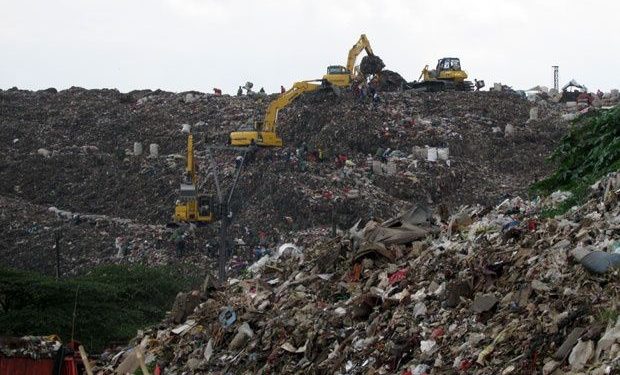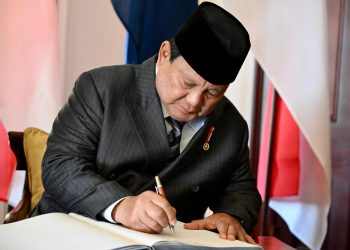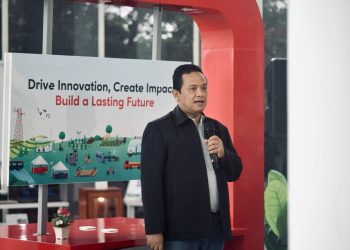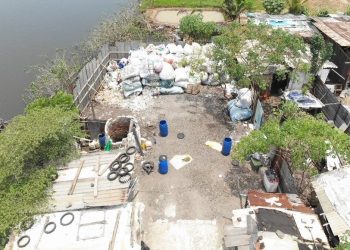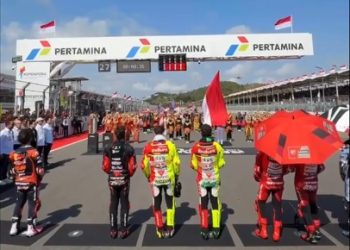Jakarta, Indonesia Sentinel — Danantara Indonesia will launch its first waste-to-energy project by the end of October 2025. The launch was part of Indonesia’s ambitious plan to help tackle its mounting trash crisis and cut carbon emissions.
Indonesia plan to build 33 waste-to-energy facilities across the country, known locally as a Pengolahan Sampah Menjadi Energi Listrik (PSEL), with investments ranging from 2 trillion to 3 trillion rupiah ($122 million to $183 million) per site, according to Danantara CEO Rosan Roeslani.
“This program is planned to launch at the end of October,” Rosan said at the National Coordination Meeting on Waste-to-Energy in Jakarta.
He called the project a long-term solution that addresses environmental, health and energy challenges, while supporting Indonesia’s goal of reaching net zero emissions by 2060.
The initial phase will include eight plants, with future sites spread across 33 cities including Jakarta, Bandung, Semarang, Yogyakarta, Surabaya and Bali.
“We are moving forward in 33 cities, but our initial focus will be in Jakarta, with four to five sites, and additional plants in Bandung, Semarang, Yogyakarta, Surabaya and Bali,” Rosan said.
Indonesia produces about 35 million tons of waste annually. The amount was enough to cover the entire capital in a 20-centimeter layer, Rosan said.
Of that total, only 61% is currently managed. He added that landfills account for 2–3% of the nation’s greenhouse gas emissions, mostly methane, which is far more potent than carbon dioxide and a major threat to air, water and soil quality. Danantara estimates the program could cut national greenhouse gas emissions by as much as 80%.
Read Also:
Indonesia Sets Aside 481,000 Hectares in South Papua for Food and Energy Self-Sufficiency Program
Each plant will process about 1,000 tons of waste per day and expected to generate up to 15 megawatts of electricity. The result was enough to power 20,000 homes, while also reducing land use for waste by about 90%.
Electricity from the plants will be priced at 20 cents per kilowatt-hour, though the government, through state utility PLN, is preparing subsidies to ease the burden of waste-management fees currently shouldered by local governments.
(Raidi/Agung)


